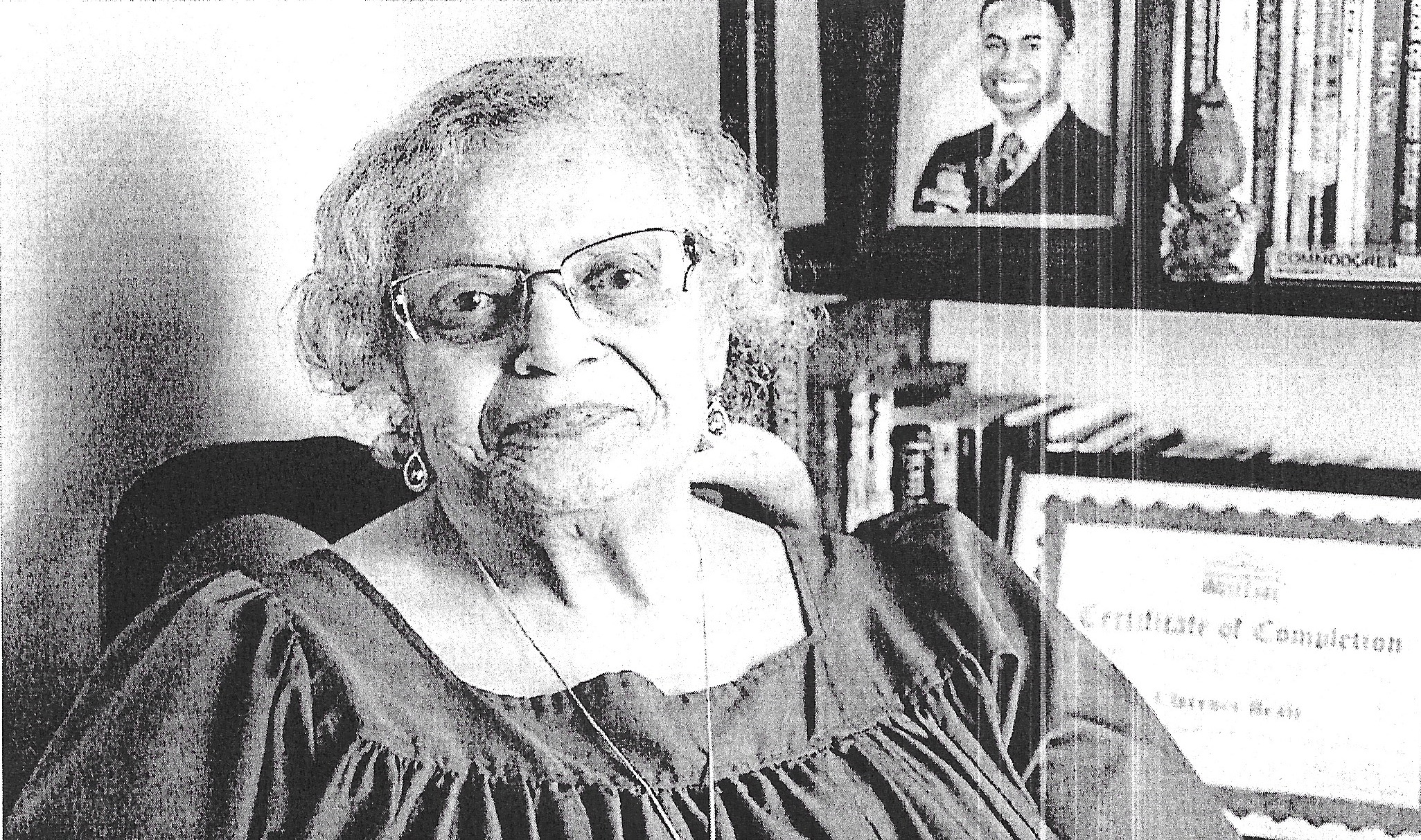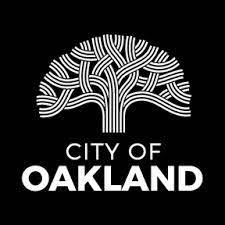
By Meres-Sia Gabriel

ONE
A SMALL TOWN
As far as southern atrocities go, little Julia Ann hadn’t seen many in Lexington. No Black person had been lynched. No one had been run out of town or woke up to a cross burning. And no white woman had lied about being touched by a black man. For the most part, the white lust for Black pain characteristic of other Southern towns in the 30s wasn’t common in Lexington. Yes, there was still segregation which didn’t prevent lascivious white teenage boys from slumming for forbidden fruit and Julia knew that if her brothers did the same, they would probably be Lexington’s first lynchings. There was also the time a little white boy called her father “Mr. Nigger” out of respect when buying candy from his store, which made Julia and her cousins laugh because even at that young age they knew how silly that sounded. But the white and Black children played together and the white families even allowed Julia and her cousins to borrow their kids’ bikes to ride across town to visit family. Lexington Virginia was perplexing as far as Southern towns go, but it was small and for the most part, little Julia felt safe surrounded by family; especially the love and protection of her father and grandfather whom she looked up to.
What follows is a series of imaginary diary entries and letters tracking Mrs. Julia Ann Beale’s growth from childhood to adulthood and her migration from the South to the West. By weaving in the voice of her grandfather – “Lexington’s Negro Poet” Spottswood Arthur Styles – I hope to honor her relationship with her grandfather as someone she admired and the profound legacy that Mrs. Beale inherited; one which, maybe unbeknownst to her, prepared her for the role of a lifetime.
TWO
AN UNFORTUNATE EVENT
Julia’s Diary
March 29, 1948 11:32 pm
Dear Diary
Today was the worst day of my life. I just can’t stop crying. A policeman shot Johnny Bowman. Johnny was one of the nicest boys in town and so handsome. We had just gotten off the bus and waved bye to each other. As he walked his way and I walked mine, I heard a police officer yell stop. I turned but didn’t see anyone. He yelled stop again, then I heard pop! pop! pop! pop! pop! And saw Johnny fall to the ground. I don’t understand. Johnny was such a nice boy and so popular. I’m sure he would have stopped if he knew the police was talking to him because he was respectful that way. Why did they have to shoot him? Why? Why? Why? I just don’t understand. Then they put him in the patrol car. I heard they took him to the hospital but they didn’t take him out. They left him in the car to die. I know his mama must be so sad. All I know is that as soon as the men found out about it, they all came out of their houses with the guns they brought back from the war and told us kids to get inside. My daddy, uncles, and Pawpaw were with them too. Mama said they probably gonna call the national guard in because it seems like every black man in town went out there with a gun. Mama said something similar happened in Oklahoma years ago before I was born and the men went with rifles to protect a young man from a lynch mob and the national guard came in and a whole black town was destroyed.
I don’t like this feeling I have. It’s hard to explain. I don’t know if I’ll ever get over this pain. Our last year in high school. His family won’t even get to see him graduate.
Spottswood’s Diary (Julia’s grandfather)
May 30, 1948 9pm
Lord break the Chains of Bondage, and set the Captives free. Bring back my boy, dear Jesus, be merciful Lord unto me.
‘Twas at Appomattox Virginia when God through Grant had spoken, And General Lee gave up his sword, the slavery Chain was broken.1
How is what happened yesterday any different than having your son sold down the river? I’m reminded of my grandmother’s sorrow when she told us the story of how her baby, my uncle Henry, was ripped away from her, from us. I know Mrs. Bowman’s pain. Hers is the same pain of every black mother brave enough to give birth in this wicked world.
When will this slavery chain be broken?
1 The poem in Spotswood’s diary is his original poem as found in Lesley Wheeler’s blog article Pain, Pleasure and Spottswoods Styles

THREE
ALWAYS WALK TALL
August 21, 1958
Dear Pawpaw,
I arrived safely in Merced on July 21st as planned. Sorry it’s taken me so long to write but with the kids and getting things settled, well you know how it is. I can tell you Merced is nothing like I imagined. I thought I was coming out West to see skyscrapers and an urban delight, but it seems like I just came back to the South. It’s real country. And many of the same problems we have in Lexington are here but I think it’s worse here because at least in Lexington you know where you stand, what white people think of you and how to get around it. Not so here. They smile in your face and then mistreat you.
I don’t miss the segregated fountains and bathrooms in Lexington. But they still discriminate against you and treat you so bad you wish you could be segregated away from them. I went to a store and the lady at the counter helped everybody behind me before she asked what I wanted. At least in Lexington I could protect my children by making sure they drank their water at home and used bathrooms at home so they didn’t have to use segregated facilities but here they act integrated, then treat you segregated. It’s kind of hard to figure out. And the police harassment is really bad.
How are things at the store? One thing I do miss is hearing your poetry being read in church.
Love,
Julia
Sept 12, 1958
Dear Sweet Pea,
I’m happy to hear that you and the kids have arrived safely. By the time you get this letter, the kids will probably have started their new school. We all miss you very much. But it’s good that you joined your Clarence out there in California. How is he doing? Is the military treating him ok?
It’s always hard adjusting to new places, especially without all your family around, but a child who is carried on the back will not know how far the journey is. A wife has to be with her husband and the kids need to be with their dad. Just remember this: The Styles’ never walk short. We always walk tall and that’s what I expect of you on this new phase of your journey.
I know I still call you Sweet Pea like when you were a little girl, but you are a smart woman and I trust you will find a way to fight for what’s right in your new community just like you saw us fight for Johnny Bowman. We didn’t give up even when the national guard came. We continued to support his family and made sure nothing like that ever happened again.
Well, as far as the store and church and things it’s all doing fine. They printed some more of my poetry in the newspaper. I’m going to send you a copy next time.
Love,
Grandpa “Pawpaw”
FOUR
ETERNALLY YOURS
Julia’s Diary
August 21, 1968 8 pm
Dear Pawpaw,
I miss you so much. It’s been almost 10 years since you passed away, but I still write to you in my diary. These are interesting times. There is so much going on in the world and in Merced! I’ve joined the PTA, City Council, School Board, any place where I can speak and be heard about these issues in our community. We’re fighting for the desegregation of schools here and against police brutality. A group of Black and Chicano kids came to me with a list they called the “13 Concerns.” They want to see more teachers that look like them and have better quality facilities and resources. You would be surprised at how fashion has changed now. Black people are wearing their hair natural in afros. One of the things the young people like to do is leave the short afro pick, called a cake cutter, in their hair so they can easily pick it out. It’s the style. Well, you wouldn’t believe the schools are sending them home accusing them of bringing weapons to school! They call the cake cutters weapons! But white students are allowed to hang guns on racks in their cars! Pawpaw, I’m telling you, my phone is constantly ringing… the mayor, the NAACP, this person, and that person. They all want me to speak about one thing or another and help fight for our rights. I’ve been helping families and students so much I’ve decided to just go on ahead and get my teaching credential.
People are now calling me “The voice of Merced’s minority community.” Can you believe that?
I don’t know what it is, but when someone comes to me about something they need I feel that it’s my duty to help them. That’s how we were in Lexington, a unit. I mean it’s natural to me – as long as you live in a community you have a responsibility to stay there and help that community.
January 8, 2017 2 pm
They asked me to be the Grand Marshall in the Martin Luther King Jr parade next week. At first I said no. I’m still not used to the praise. But they really wanted me to do it, so I agreed. Someone also showed me a textbook where my name was listed as a civil rights activist. That put a smile on my face. I have to say that although I am grateful for the acknowledgment, I never did this for praise. It was my responsibility. Sometimes I was scared. I remember having to check under the hood of my car in the mornings and check the house at night to make sure no one was trying to mess with me. I took precautions but I knew God would take care of me. And I always had yours and daddy’s examples to fall back on. I never saw myself as an activist. It was the natural thing to do. Now, things are different. I see younger people coming behind me acting like they’re fighting for a cause, but it seems more self-serving. I can’t explain it. I don’t see the same kind of humility and dedication we had.
Guess what, Pawpaw? They still print your poetry in the Lexington News Gazette for Black History Month!
Dear Sweet Pea,
Ya done good, hon’. I am very proud of you. I always knew you could do it.
Eternally yours in Heavan,
Pawpaw
FIVE
POSTSCRIPT
Julia Anne Beale (née Styles) was born April 10, 1930, in Lexington, Virginia, and migrated to Merced, California July 21, 1958, to be with her husband who was stationed there. She never imagined she would become a historical figure. She was president of the NAACP for five years, a dedicated school teacher, a mother, and an activist. Mrs. Beale still lives in Merced where she will always be known as “the voice of Merced’s minority community.”

Meres-Sia Gabriel, interview Julia Beale
Meres-Sia Gabriel is a best-selling author and creator of the online course “Life-Changing Writing in Five Weeks: Write Your Book, Inspire Others, and Leave Your Mark on the World!” She has performed, taught workshops, and spoken at the Universidad de la Tierra, Oregon Shakespeare Festival, and Museum of African Diaspora to name a few. Her poetry is presently showcased in the Oakland Museum’s “Black Power” exhibit.


